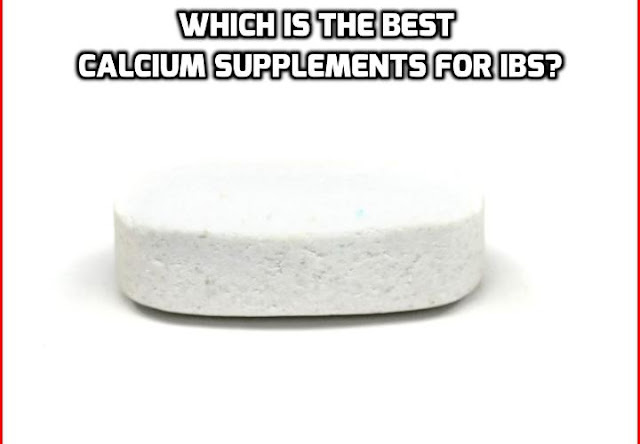 |
Click on HERE to Discover How To Treat Irritable Bowel Syndrome Fast & Naturally |
Is My Bowel Pain Appendicitis?
Recently
there have been many questions asked about symptoms related to bowel and abdomen pain. One asked specifically about treating
appendicitis.
This
raises red flags for a couple of reasons. Appendicitis is a serious condition
that, left untreated, can actually kill a person.
Lumping
this problem into the category of general bowel problems that one can treat naturally is not going to end well.
So,
we decided to have a look at appendicitis and explore the symptoms, diagnosis,
and treatment plan.
To
begin with, it is important to know just what the heck an appendix is. Where is
it? What does it do?
The
appendix is a little pouch, or closed tube that juts out from the large
intestine right before the ascending colon.
As
for what it does…even despite centuries of speculation and research, no one
knows really. There are some pretty good theories, to be sure, but none have
ever been able to be proven.
What
everyone can agree on, however, is that it isn’t exactly a critical organ and
we can live without it and not even have any bad consequences.
Anytime
the suffix ‘-it is’ is used, it means an inflammation, usually as a result of
infection. When the appendix becomes infected and inflamed, it doesn’t fix
itself.
There
are no potions, herbs, exercises, or meditations that will cure it.
Appendicitis is one of those conditions that is considered progressive, meaning
it will just get worse and worse.
The
swelling appendix will burst if not treated immediately, and this puts the
entire body at risk of a septic emergency.
But
let’s back up. What are the symptoms?
Generally,
they are the same for most people. They include intense pain at the lower
abdomen near the right side of the body. It can even start at the bellybutton
and intensify as it moves downward.
With
abdomen pain will also generally come loss of appetite and nausea or vomiting.
A lot of times a fever will develop as well.
The
problem sometimes arises when people confuse severe constipation, gas, and
nausea with what actually is appendicitis. These symptoms are also present in IBS
and other gastrointestinal conditions.
The
key differences are the timing of the symptoms and whether or not a fever is
present.
By
timing I mean when and how the symptoms start. Was it sudden or did it develop
over a number of days? Appendicitis is usually something that comes on fairly
suddenly and doesn’t improve over time.
IBS can be sporadic.
Periods of pain, diarrhea and constipation
followed by relative peace are the more likely scenarios.
The
fever is a bigger giveaway. IBS doesn’t typically ever include fever. A
distended bowel isn’t always going to accompany IBS but many times will with
appendicitis. While IBS sufferers have had some bloating,
actual distention is altogether different.
When
is it time to call the doctor? Look at the collection of symptoms.
Pain
starting at the navel and intensifying as it goes south, fever, vomiting, loss
of appetite and distended belly are the red flags. Your doctor will let you
know If you need to go to the emergency room.
However,
most folks know by the level of pain, vomiting, and other symptoms when it’s
time to skip the phone call to the doctor and just go straight to the ER. Let
your body guide you and be sure to listen to it.
However,
as mentioned above, only a doctor or mid level can diagnose this condition. He
or she may, in addition to questioning you, palpate the area (place his or her
hands on the lower bowel), listen with a stethoscope, take some blood to look
for infection, test urine to rule out other conditions, and order radiology
services such as a sonogram or CT scan.
After
a diagnosis is made, treatment begins. Unfortunately, there is no treatment
other than surgery that has ever been shown to be effective at eliminating the
problem. An appendectomy removes the failing, infected organ and usually won’t
leave much of a scar if caught early enough.
If
the appendix ruptures and causes peritonitis (infecting the rest of the
abdominal cavity), then a larger incision is generally needed because the bowel
will have to be irrigated.
Antibiotics
are given to guard against further infection complications.
Depending
upon the severity of the infection and the invasiveness needed to correct it,
recovery time can be anywhere from 3 days to even 2 weeks. Usually a week is
standard if there are no complications.
At
the same time that there is no alternative to surgery once appendicitis is
discovered (if you want to actually recover), there is also no real way to
prevent it. However, studies have shown that people who eat a very high fiber
diet are less likely to be afflicted with it.
Hopefully,
this can be good information to share with the family to help discern between a
chronic bowel issue and a medical emergency.
Watch
these Videos –
If
your problem is just IBS and you want a natural, prescription-free way to
manage and conquer it, I encourage you to try the Treat IBS Naturally guide
today.
All
the Best,
Julissa
Clay
This post is from
Julissa Clay’s IBS Solution Program. This program is a step-by-step 21-day plan
for relieving irritable bowel syndrome (IBS) for good, 100% naturally and
without side effects. You will regain your normal social life again with no
more pain, cramps, bloating and “emergency” trips to the bathroom.
You
may also like:



